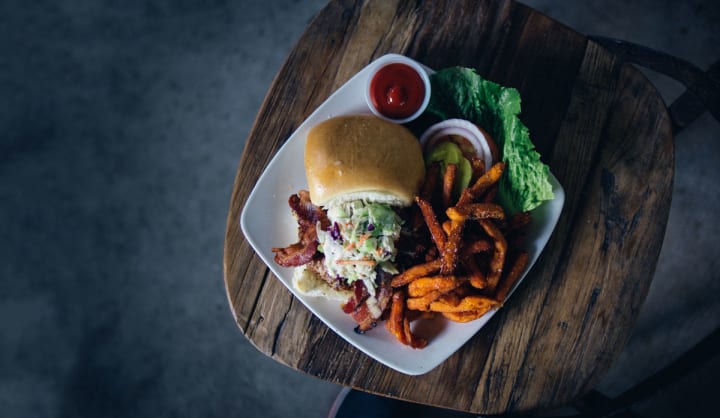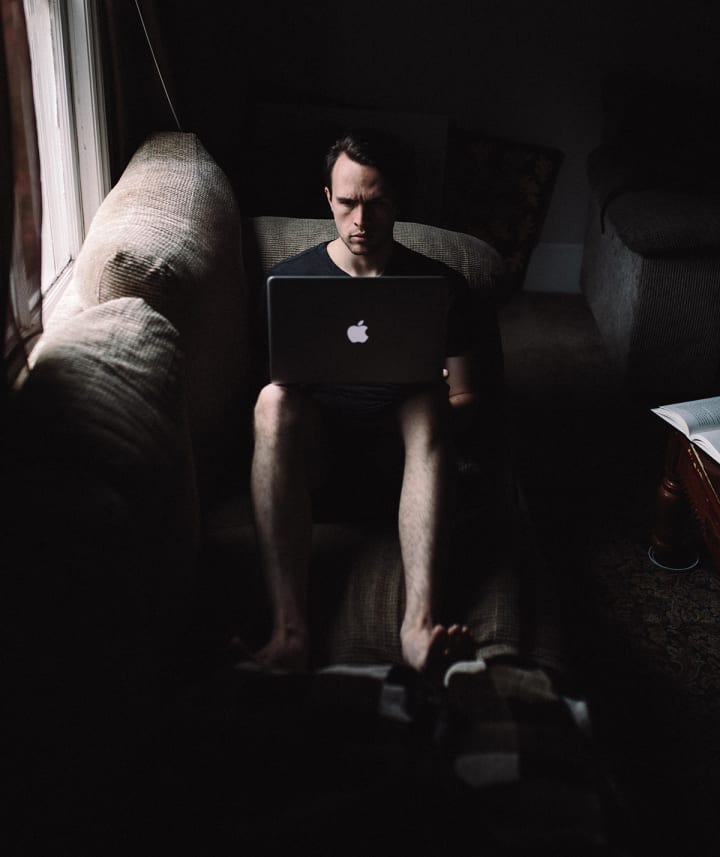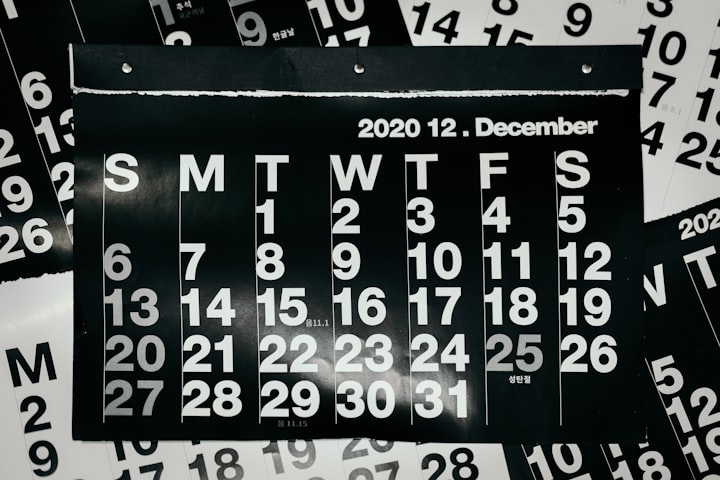Unhealthy Workplace Habits and How to Correct Them
Over the years, we have developed work styles that are not good for our physical, mental or emotional health.

It’s not that we’re bad people, or that we aren’t working hard. The problem is that what our minds and bodies need at a basic level is in conflict with our work style. We are so focused on work, on getting things done, that we’ve changed the way we eat, move and sleep in a way that is actually counter-productive.
So what are some of those unhealthy habits that we need to break? I offer up a list of “don'ts,” with suggestions on what to do instead.
Don't assume that sitting is the only way to work. It’s not.

Photo by Gilles Lambert
I know, you’ve read the news and have heard that sitting for long periods of time is bad for your health. The issue isn’t that we sit, the issue is that many of us sit and work without standing or walking for many hours at a time. Sitting all day negatively impacts cardio metabolic health and can cause conditions like deep vein thrombosis.
Instead:
Change the way you work by taking phone calls, watching presentations, reading or performing other activities while standing up or walking.
Don't take the elevator if you can help it.

Photo by Verne Ho
Elevators in modern buildings are typically placed front and center, which makes them good for “universal design” and accessible to all types of people with different physical abilities. However, if you do not need the elevator, you are missing out an opportunity to make a healthier choice.
Instead:
Take the stairs and use prompts and cues to encourage stair use: Paint the stairwell a lighter color so that it appears brighter or add artwork so it is less foreboding. Alternatively, studies show that by just by putting up signs that explain the health benefits of taking the stairs (such as a sign in the elevator lobby that shows how many calories you can burn), stair usage increases by 54 percent!
Don't multi-task while eating.

Photo by Brandon Morgan
Mindless eating typically results in eating faster and consuming more calories than if you were seated at a dining table and paying attention to what you eat. Americans eat in a restaurant five times a week, according to a recent survey conducted by Living Social.
Instead:
Eat away from your primary workspace. Keep food and drinks away from your keyboard tray… gross! You will automatically make better choices when you are eating without multi-tasking, because you are more aware of what you are putting in your mouth.
Don't put unhealthy foods front and center at work.

Photo by Daria Nepriakhina
You know how you walk into a grocery store and find yourself buying junk food at the end of the aisle? Or have you noticed how candy is located at child-eye level by the checkout counter? Foods that are easy to spot and presented well are not put there by accident, and food companies pay for the privilege. Don’t fall victim to this at work!
Instead:
“Hide” unhealthy foods in the kitchenette or break room by putting them in opaque or translucent containers (versus healthy food like fruit or nuts in glass containers).
Don't let the papers pile up.

Paper on your desk, especially if it has been sitting there a while, is likely full of dust and dust mites, which for many people can trigger serious allergies and asthma. Also, big piles of paper (and all the furniture that stores it) eat into the workspace and make the workspace feel crowded.
Instead:
Instead of piling, put in place a good system for scanning and digital filing of documents as well as a process for moving paper off-site that you don’t need access to on a regular basis.
Don't email after hours.

Photo by Andrew Neel
All this late night chatter increases stress, decreases sleep, and impacts long term productivity. If you are a client or a boss of someone, you are impacting the stress and sleep of everyone on your cc list when you sent them emails at night.
Instead:
Consider using project management or communication tools with your team other than email that allow participants to choose when they want to work on something, and take them out of a situation where they are pushed information and in reaction mode all the time.
Don't skimp on vacation time.

Photo by Jens Johnsson
A survey for the career website Glassdoor found that U.S. employees use only 51 percent of their eligible paid vacation time and paid time off, according to a recent survey of 2,300 workers who receive paid vacation. Why? Studies show women who don't take regular vacations are anywhere from two to eight times more likely to suffer from depression, and have a 50 percent higher chance of heart disease, and for men, the risk of death from a heart attack goes up a third.
Instead:
Plan your vacations, take them, and enjoy yourself. Give yourself and your team mates permission to unplug.
Don't go to work when you are sick.

Photo by David Cohen
When you come into the workplace sick, you are very likely spreading diseases to colleagues, which reduces organizational productivity. As tempting as it is for you to “power through” and minimize sick days, the overall health risk is not worth it.
Instead:
Stay home! This may be a reason to adopt a “work from home” policy, if you are looking for one. Beyond that, everyone should frequently wash their hands.
Don't stay indoors all day.

A good portion of our global workforce spends a 90 percent of each day indoors, which essentially puts workers in a state of "light deficiency" and it negatively impacts our sleep cycle.
Instead:
Get outside, preferably earlier in the day, and for as long as you can. We need more intense light to reset our circadian rhythm, which helps us sleep.
Don't put work before your health.

Photo by Scott Webb
If you aren't healthy, you can't get anything done and you won't be there for your colleagues, friends and family when they need you.
Instead:
Make your health a priority, and start by building time in your calendar to work out, to relax or do something that gives you energy and sparks your personal passion.
About the Creator
Leigh Stringer
Workplace strategy expert and researcher. Covered by national media, including CNN, USA Today, the Wall Street Journal and Good Morning America.






Comments
There are no comments for this story
Be the first to respond and start the conversation.